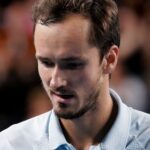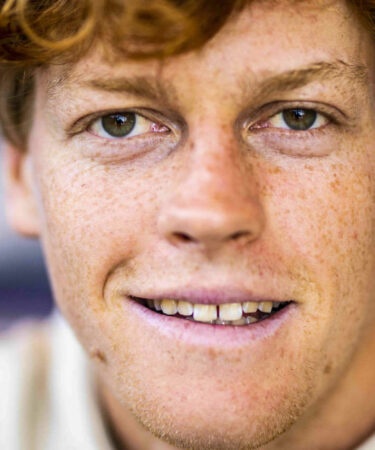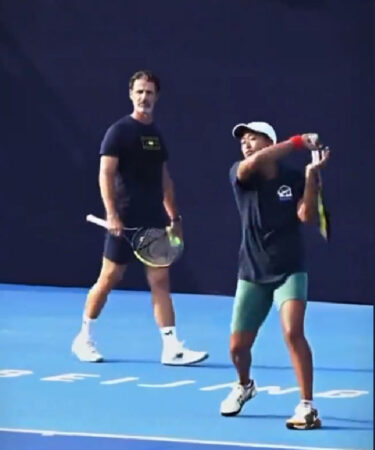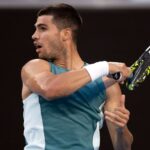Mouratoglou on Sinner-WADA settlement: ‘There is no clean sport if there is a double standard ‘
The French coach made a long statement on his Instagram account
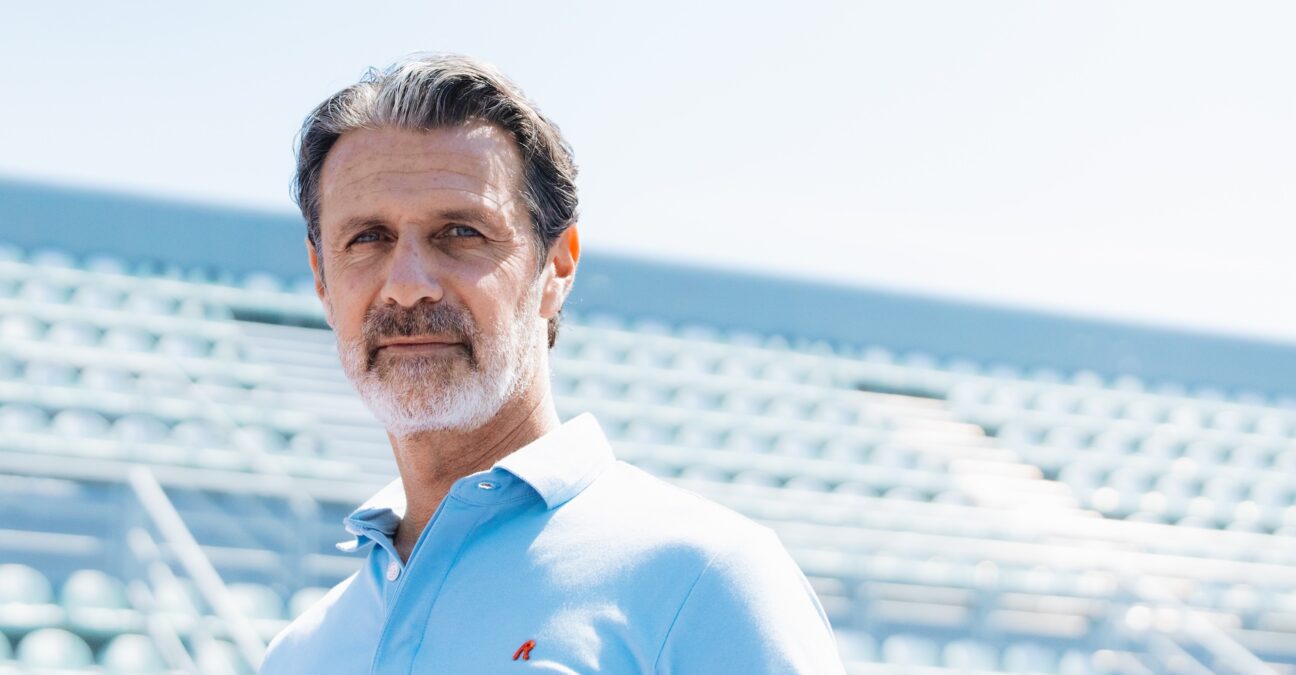 Patrick Mouratoglou, 2025 | © Cédric Rouquette / Tennis Majors
Patrick Mouratoglou, 2025 | © Cédric Rouquette / Tennis Majors
On the eve of the Qatar Open, it was announced that Jannik Sinner had arrived at a settlement with the World Anti-Doping Agency to drop their appeal to the Court of Arbitration for Sport (CAS), in return for the Italian accepting a 3-month ban from professional tennis.
The agreement came after an independent tribunal cleared the world No 1 of fault and negligence after failing two doping tests back in March 2024 – before WADA filed an appeal to CAS. Renowned coach and creator of the UTS Tour Patrick Mouratoglou recently had his say on the matter on his Instagram account:
“I think this Sinner case is a huge scandal. It’s not about him being guilty or not, the question is more about how the anti-doping dealt with the situation. Everyone feels that there is a double standard, which there is, clearly.”
I think this Sinner case is a huge scandal
The statement from WADA made clear that: “Sinner did not intend to cheat,” but went on to state “an athlete bears responsibility for the entourage’s negligence.” This comes after the Italian claimed the small levels of the banned anabolic steroid clostebol inadvertently entered his system via a spray, containing the substance, used by his physio came into contact with Sinner’s skin lesions during a massage.
I don’t think this is his mindset at all, I don’t think that is his mentality to do doping.
Mouratoglou went on to state:
“It’s very unlikely he [purposefully] did doping, first of all – and this is a personal statement – I don’t think this is his mindset at all, I don’t think that is his mentality to do doping. Second, when you find such low levels of a forbidden product in someone, in 90 percent of the cases – if not more – it is a contamination. So, the player is then a victim, and that’s why I think he is innocent.”
“We want a clean sport, and there is no clean sport is there is a double standard, depending on who the player is. It should be only about ‘did this player do doping? Yes or no?.’ When a player is controlled positive, in 100 percent of the case, it is the anti-doping [agencies] that make a public statement. As soon as this statement is out, the player is provisionally suspended which means he is not allowed to play anymore – until the case is finished and there is a decision as to whether he is guilty to not.”
“In Sinner’s case, the ITIA, which is the anti-doping [agency], decided to cover it up, they didn’t make it public that he has been controlled positive, they didn’t make it public, they didn’t say anything, that he has been suspended, provisionally, like every other player would have been. So, this is clearly a double standard.”
“Second, after five months, they decided to make it public that he had been control positive five months before, it was also said at the same time that he is not guilty. But, in other cases, the player is supposedly guilty because there is a public statement saying that he was control positive, so for five, six months, maybe one year, two years in some cases, for everyone, this player is doing doping and – for that period of time, that player cannot compete anymore.
So, it looks like they make an arrangement to make it look like that banned him a little bit, but not too much.
“He cannot get points, he cannot get money, but, more than anything he gets out of competition for such a long-period that, in some cases, his career is over, so they’re destroying the career of a player. In Sinner’s case, again, no statement, and when they did five months later, it is to say that he is not guilty.”
“During the Australian Open, we learnt that Sinner will be ‘auditioned’ by WADA in April, so we think it’s going to be like a real tribunal, that will assess the case and decide whether he’s guilty or not. Right after the Australian Open, six weeks before when he was supposed to have been ‘auditioned’, they decide to take a decision after negotiating with him for a three-month ban. No ‘audition’, no review of the case, and a decision that is ideal for him because he could play the Australian Open – and win it – and is going to be safe to play the next Grand Slam, which is at the end of May-start of June at Roland Garros.”
“So, it looks like they make an arrangement to make it look like that banned him a little bit, but not too much so he can play the Grand Slams, and, if you look at it, he’s going to be able to come back and play Rome just before Roland Garros – being Italian – so it looks even more like a setup. It looks like a parody of justice, I understand that other players feel ‘where is the justice then?'”
